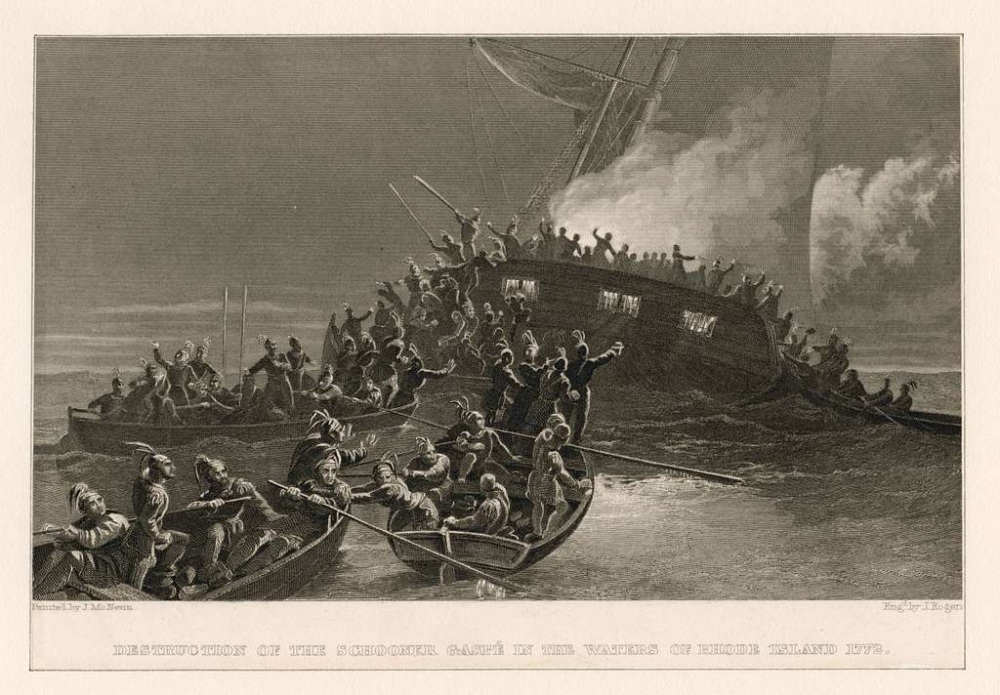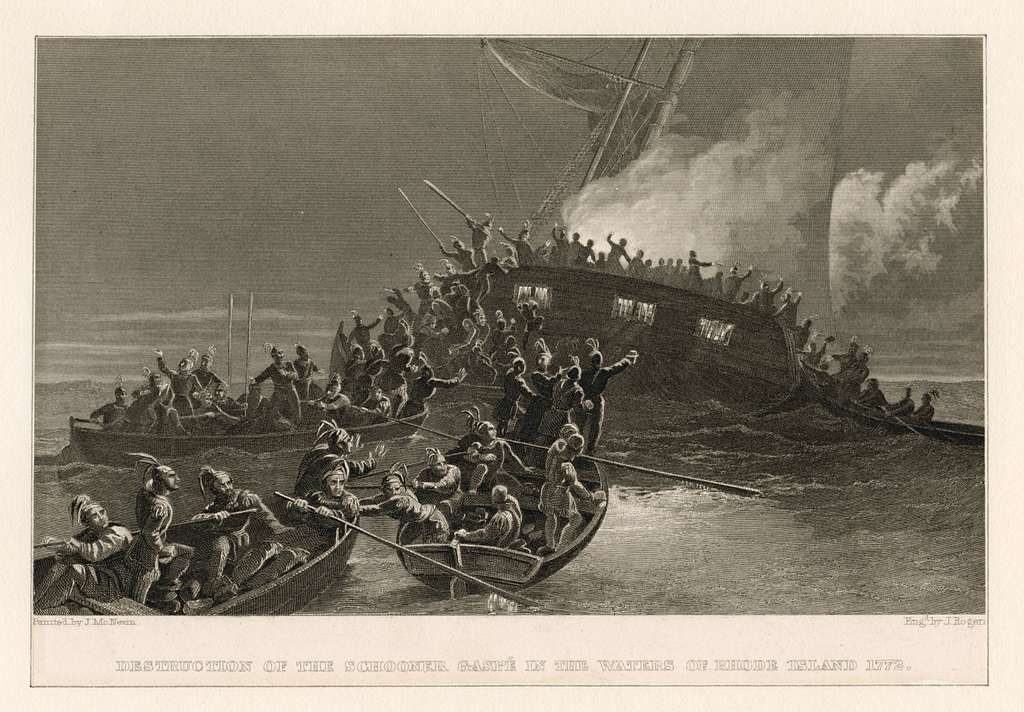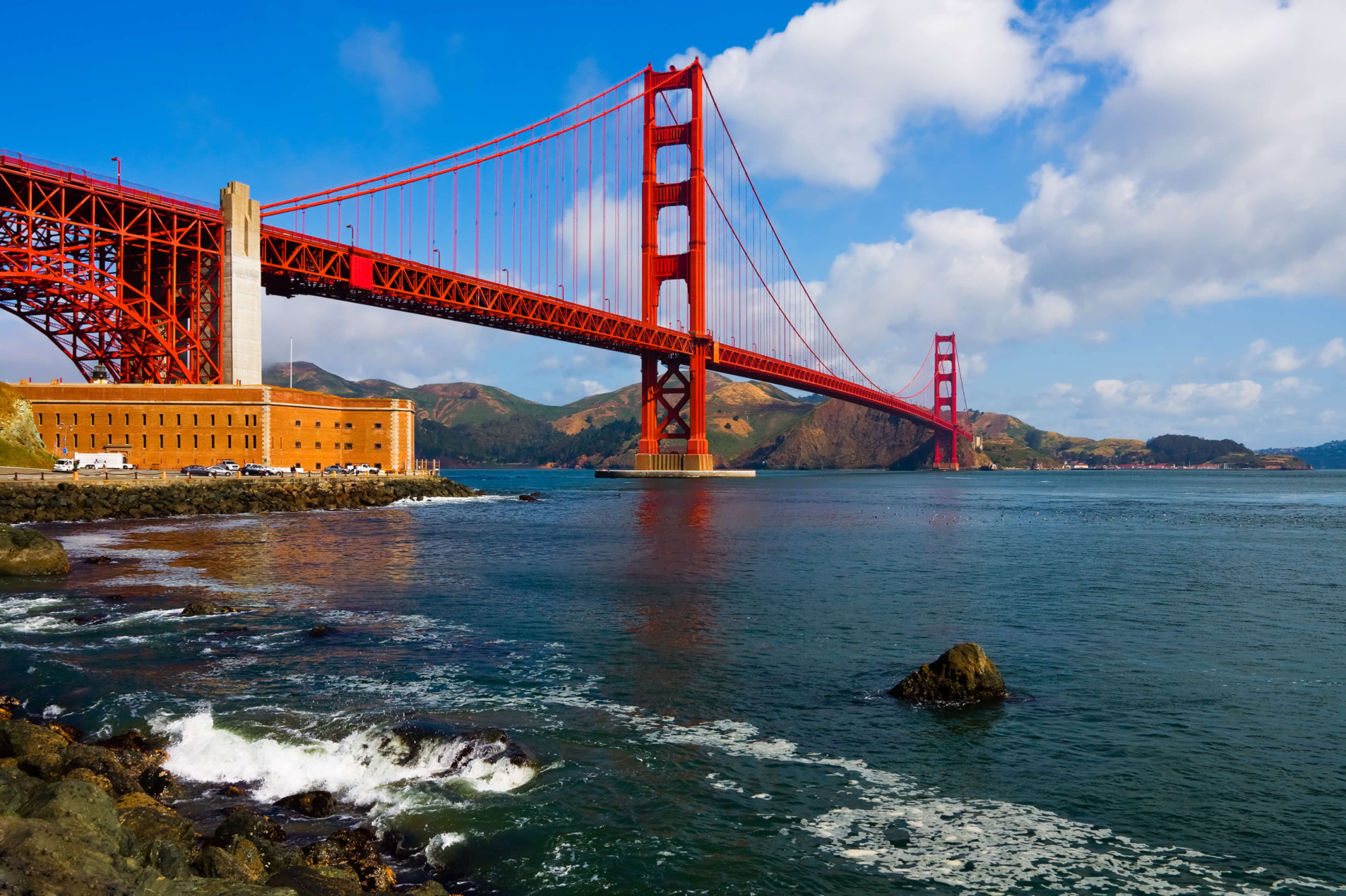

Ever heard of “the shot heard round the world” or Paul Revere? What about the Burning of the Gaspee? They all have something critical in common, the beginning of the American Revolution. Yet most people do not know Rhode Island’s story of Gaspee, a significant event in the lead-up to the Revolution that helped to unify the colonies against British rule.
In February 1772, the British Royal Navy’s HMS Gaspee, captained by Lieutenant William Dudingston, was assigned to patrol Narragansett Bay. Over the next few months, Lt. Dudingston and his crew regularly harassed Rhode Island merchants and interrupted their trade, stirring up anger and frustration throughout the community.

On June 9, 1772, a group of Rhode Islanders saw an opportunity to strike back at the British ship, and they took advantage of it. The Gaspee ran aground near Providence after chasing a Rhode Island merchant boat into shallow waters. That night, a group of men took longboats out to the Gaspee, captured Lieutenant Dudingston and his crew, and set the vessel ablaze. The Burning of the Gaspee was one of the first open acts of rebellion in the American colonies against the British crown.
Today, The Ocean State holds annual parades and events in recognition of the Burning of the Gaspee and its important role in American history. And in honor of the 250th anniversary of this act of rebellion, the Rhode Island Department of State has compiled resources for educators about the Gaspee Affair, including a virtual exhibit, timeline of events, a free poster, and more.
The Rhode Island State Archives recently opened a new exhibit about “The Spark that Ignited the American Revolution,” where visitors can explore the story of the Gaspee. And this coming weekend, there will be events such as the Annual Gaspee Days Parade on June 11 and a reenactment of the Burning of the Gaspee on June 12.
On July 4, 2026, the United States will mark another 250th anniversary—the moment we declared independence as a nation. Over the next four years, the journey to 2026—and remembering events that led to our founding such as Gaspee—is as important as that milestone itself.
The passage of the Declaration of Independence was the result of years of resistance and rebellion, and from now through 2026, there are many 250th anniversaries to recognize. Many states will be marking their own roles in history, honoring the important moments and events that led to the American Revolution.
Sources
Compiled from:
- Rhode Island Department of State: “The Burning of the Gaspee”
- WJAR: “Rhode Island State Archives commemorates Burning of the Gaspee with new exhibit”
- Gaspee.com

America’s Field Trip
Engaging students nationwide to celebrate America’s 250th anniversary!
A new contest inviting students in grades 3–12 to share their perspectives on what America means to them — and earn the opportunity to participate in field trip experiences at some of the nation’s most iconic historic and cultural landmarks.